ING Car Lease has reduced crash costs by more than 60% in four years following the implementation of a comprehensive risk management strategy, and is now a 'business champion' enrolled into the Driving for Better Business campaign.
The improvement as a result of the introduction of Risk Assist, which is also available to ING Car Lease’s 1,000 customer accounts.
In 2006 ING Car Lease recorded a 71% incident rate but, as a result of Risk Assist, the ratio reduced to 23% last year with crash costs per driver slumping from £483 to £183 over the period.
One of the UK’s 10 largest leasing and fleet management companies with 50,000 leased vehicles on its books, around 100 members of ING Car Lease staff regularly drive on company business.
A total of 60 employees drive an allocated company car and all other drivers use pool cars or daily rental cars. The use of privately owned vehicles on company business is not permitted.
ING Risk Assist is a full service risk management package designed to manage the risks faced by each driver on an individual basis, depending on their specific circumstances and work requirements.
ING Car Lease managing director Ian Tilbrook said: “Work-related road safety is critical to any fleet operator working in today’s environment. ING Car Lease wants to demonstrate its commitment by practicing what we preach and making sure our own fleet is managed in the safest way possible.
“We are delighted that the initiatives we have implemented have triggered the results they have and in turn that the company’s approach has gained ‘business champion’ status from the Driving for Better Business campaign.
“Many of our existing customers are also reaping the benefits of Risk Assist with implementation of the programme beginning with a full policy review, assessing the existing Driver Safety Policy document for errors and omissions and producing a completely new one."
All business drivers - allocated company car drivers and occasional business users - are required to complete the three-stage Risk Assist online process before they are allowed to drive on business. That means all drivers:
• Complete an online survey, where they are asked for information on their driving history and patterns, including mileage, time spent behind the wheel, shift patterns, type of vehicle driven, accident and insurance history, etc.
• Sign a mandate giving ING Car Lease access to their driving licence records held by the DVLA. Checks are made at least annually, with higher risk drivers being checked up to four times per year.
• Complete a series of online assessments, covering knowledge checks on the Highway Code and on the ING Car Lease Driver Safety Policy, as well as undergoing a psychometric test to identify potential thrill-seeking or antisocial tendencies.
The information gathered on each individual is then analysed to identify any unacceptable risks faced. Drivers who are rated as ‘above average risk’ or ‘high risk’ are offered interventions as appropriate. That may be in the form of on-road or online training or a practice review where individual work patterns are examined to help reduce mileage/driving hours etc.
Information is refreshed annually to help identify any changes in an individual’s profile that increases the level of risk they face.
Additionally, the ING Risk Assist Driver Safety Policy offers guidance to drivers in a range of areas relating to both business and domestic driving. This includes best practice in the areas of: vehicle choice, vehicle servicing and maintenance, including safety checks, mobile phone use, driving-related health issues, drink and drugs, driver fatigue, journey planning, breakdowns and accidents and personal safety.
Further information and advice is provided through regular e-bulletins to all drivers at intervals during the year. Subject for these bulletins include winter driving, vehicle safety checks, driver fatigue and driving overseas.
One area swiftly identified as being important to drivers was fatigue. Following a business restructure, more and more employees were required to attend both internal and external meetings in different offices.
As a result, and in a bid to reduce business mileage and ING Car Lease’s carbon footprint as well as improving the welfare of staff, an upgraded video conference suite was installed alongside the relaxing of the criteria required for overnight accommodation.
Tilbrook said: “Employee engagement is a very important factor in policy construction. Without buy-in from drivers, no policy will be effective.”
He added: “Driver communication is key to the success of any programme. ING Risk Assist was and continues to be developed with the input of the drivers it is designed to help. If a programme is imposed on a driver population, they will not engage with it and it will not succeed.
“The development of ING Risk Assist is a continuous process, changing with legislation, available technology and best practice.”
Looking to the future ING Car Lease is currently investigating the use of telematics with a view to fleet incorporation.
Tilbrook said: “We hope to be able to use the data we gather from our drivers to further identify those tendencies and practices that place them at greater risk, and take mitigating action. Telematics has the potential to be a valuable source of real-life data that allows for quicker responses to risky driver behaviour and an even more targeted approach to training.”
RoadSafe campaign director Adrian Walsh said: “There are an estimated up to 150 road deaths and serious injuries a week resulting from crashes involving at work drivers, and more employees are killed and seriously injured on Britain’s roads while driving on behalf of their employer than in any other work-related activity.
“ING Car Lease is a first-class example of a ‘business champion’ doing what we hope all our campaign members will do: put their own house in order and then take their message to the business community in which they work. The knowledge and experience the company has in occupational road risk management is beneficial to many other organisations.”



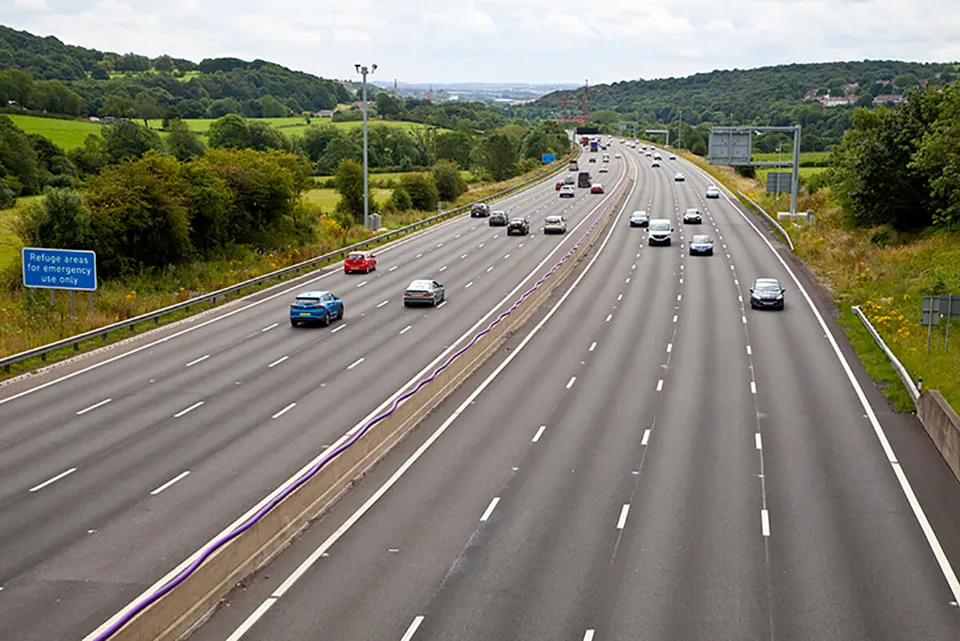


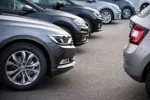
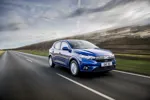





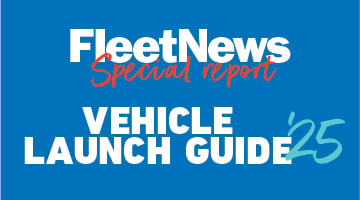
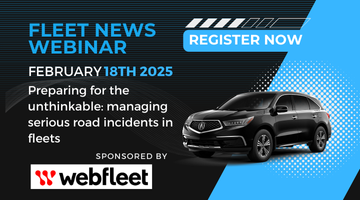
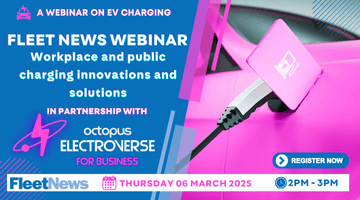

Login to comment
Comments
No comments have been made yet.